
Here is part 2 of the Top 10 Best Opening Lines. If you missed part 1, click HERE to catch up.

5. “Mr and Mrs Dursley, of number four Privet Drive, were proud to say that they were perfectly normal, thank you very much.” Harry Potter and the Philosopher’s Stone by J.K. Rowling (1997)
This line has been translated into 67 languages and been read by over 450 million people, and the seven part series from which it comes are undoubtedly some of the most popular children’s books of all time.
So it is almost ironic that the opening of such a prolific book as The Philosopher’s Stone should begin in such a subtle, understated way. However, by focusing on the boorish Dursleys and the mundane suburban semi in her opening lines, Rowling serves to make the magical world of Hogwarts all the more spectacular and satisfying once the reader is introduced to it.
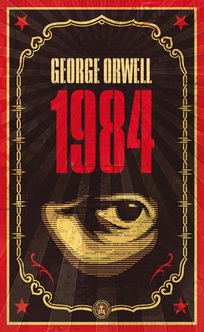
The horrifying dystopian world of Airstrip One that Orwell invented is introduced to us in these few words. And yet, despite their brevity, the phrase conveys perfectly the deep abnormality of the setting.
The first few words remind the reader of those days, familiar to anyone British, that look warm and sunny but are in fact bitingly cold. So far so normal. But the clocks striking thirteen undercuts any sense of familiarity and alienates the reader from the setting, making us feel more unsettled than we would have had we just been presented with a wholly fantastical world. This is a perfect example of the literary technique of ‘defamiliarization’, famously used a lot in Russian literature, and by our next writer…
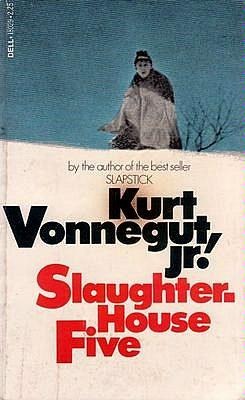
The intriguing opening to Kurt Vonnegut’s post-modern depiction of World War II in Slaughterhouse-5 immediately calls into question the very nature of fiction and the reader’s relationship with the author. In the very next line Vonnegut tells us “the war parts anyway, are pretty much true.” Is truth important when talking about something as emotive as the horrors of war? And does the fact that we are consciously aware of the writer and the act of writing affect our relationship to the text? These questions and more are brought to mind from just the opening phrases.
It’s an unconventional opening for an unconventional novel, which seamlessly combines elements of historical and science-fiction.
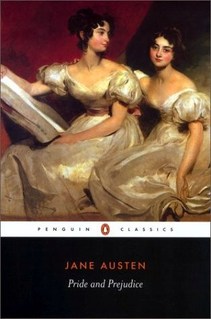
This is probably the most famous opening line to a novel, ever. It has been quoted, parodied and misquoted more times than you can count. ‘It is a truth universally acknowledged that a zombie in possession of brains must be in want of more brains.’ from Seth Grahame Smith’s Pride and Prejudice and Zombies is one of the more recent usages of Austen’s format.
The genius of her line is in that it is, of course, a piece of satire. We quickly gather from the ridiculous Mrs Bennet and her ilk, that this apparent piece of wisdom is not quite what it seems. The ‘truth’ is that the mothers of single women like to think that single, rich men are all trying to marry their offspring, when really it is exactly the other way round.
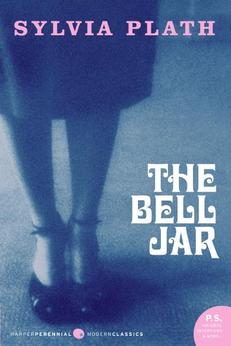
The Bell Jar was published a month after Plath killed herself in 1963. Her opening line to the novel is electrifyingly angst-ridden and even though Plath was suffering from a very private inner depression her work, and particularly this line, manages to exquisitely capture the universal emotions of being lost, frightened and disoriented in the world.



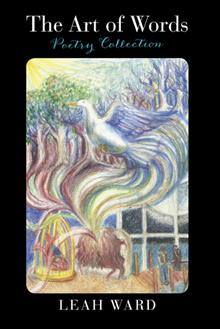
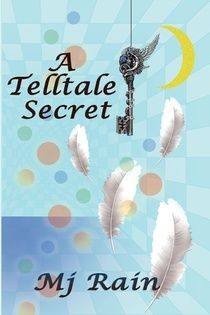
 RSS Feed
RSS Feed
